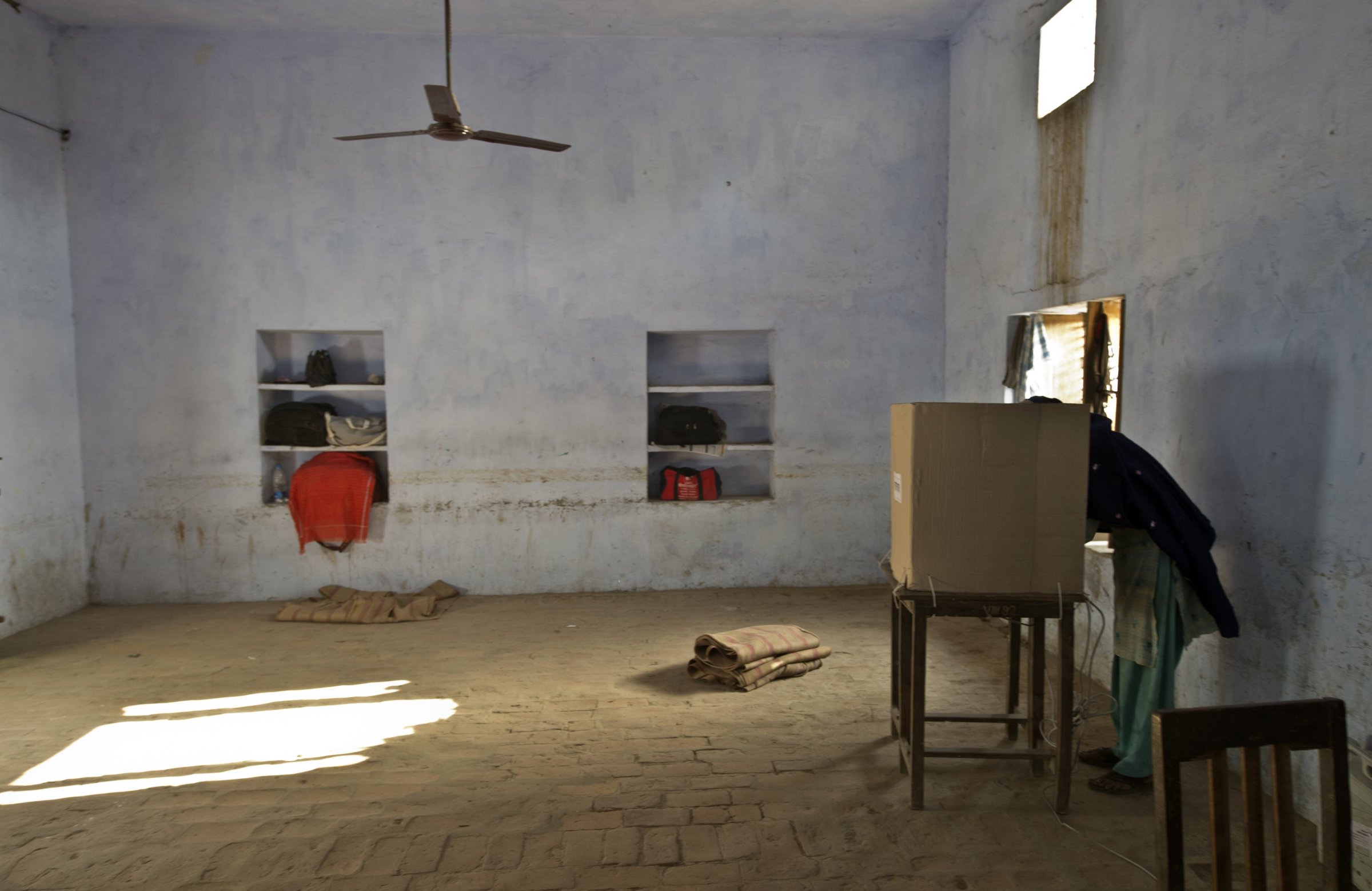
India’s democracy is an impressive thing to behold. In preparation for the national polls now underway, election materials have been ferried by air, sea and elephant to give over 800 million people the chance to have their say in the formation of the next government. Turnout in some of the most remote parts of the nation has already been impressive, reaching figures of over 70 and 80% in parts of the northeast that voted last week.
Less impressive are the backgrounds of some of the lawmakers Indians have to choose from. National Election Watch (NEW) and the Association for Democratic Reforms (ADR), an election watchdog group in India, have determined that 17% of the candidates running for seats in Lok Sabha, India’s lower house of Parliament, in the first five phases of the nine-phase vote have declared that they have criminal cases against them. The groups, which analyzed the self-sworn affidavits that candidates submit to India’s election body, found that 557 out of 3305 candidates had declared criminal cases against themselves. Of those, 328 faced were cases related to serious crimes, such as rape and murder.
By major party, that breaks down like this: 23% of Congress Party candidates in the first five phases have declared criminal cases against themselves, 34% of Bharatiya Janata Party candidates, and 16% of Aam Aadmi Party candidates. The states and territories with the highest percentage of candidates with criminal cases are the archipelago of Lakshadweep off India’s southwest coast at 50%, Goa at 32% and Kerala at 74%.
Though candidates’ records in the last four phases have yet to be examined, the numbers seem to be on track for an improvement over the last Lok Sabha elected in 2009, in which some 30% of parliamentarians had declared criminal cases against them. But even with corruption and cleaner governance being focal points this election season, it’s unclear how much attention voters will give their candidates’ records in 2014. “I don’t think its’s an election issue,” says ADR head Anil Verma. “We keep making noises and try to educate the voter of these issues.”
Last month, India’s Supreme Court ordered the lower courts to try lawmakers facing criminal charges within a year of the case being filed. The order is part of a ongoing effort to clean up the ranks of India’s halls of power; in July, the apex court ruled that lawmakers convicted of certain crimes would be immediately disqualified from office. If the judiciary upholds this latest order, Verma says, it could have a big impact on the next house. But he’s not optimistic for a major house cleaning to take place any time soon. “I don’t see it happening,” Verma says. “Let’s see how the judicial system goes.”
More Must-Reads From TIME
- The 100 Most Influential People of 2024
- The Revolution of Yulia Navalnaya
- 6 Compliments That Land Every Time
- What's the Deal With the Bitcoin Halving?
- If You're Dating Right Now , You're Brave: Column
- The AI That Could Heal a Divided Internet
- Fallout Is a Brilliant Model for the Future of Video Game Adaptations
- Want Weekly Recs on What to Watch, Read, and More? Sign Up for Worth Your Time
Contact us at letters@time.com